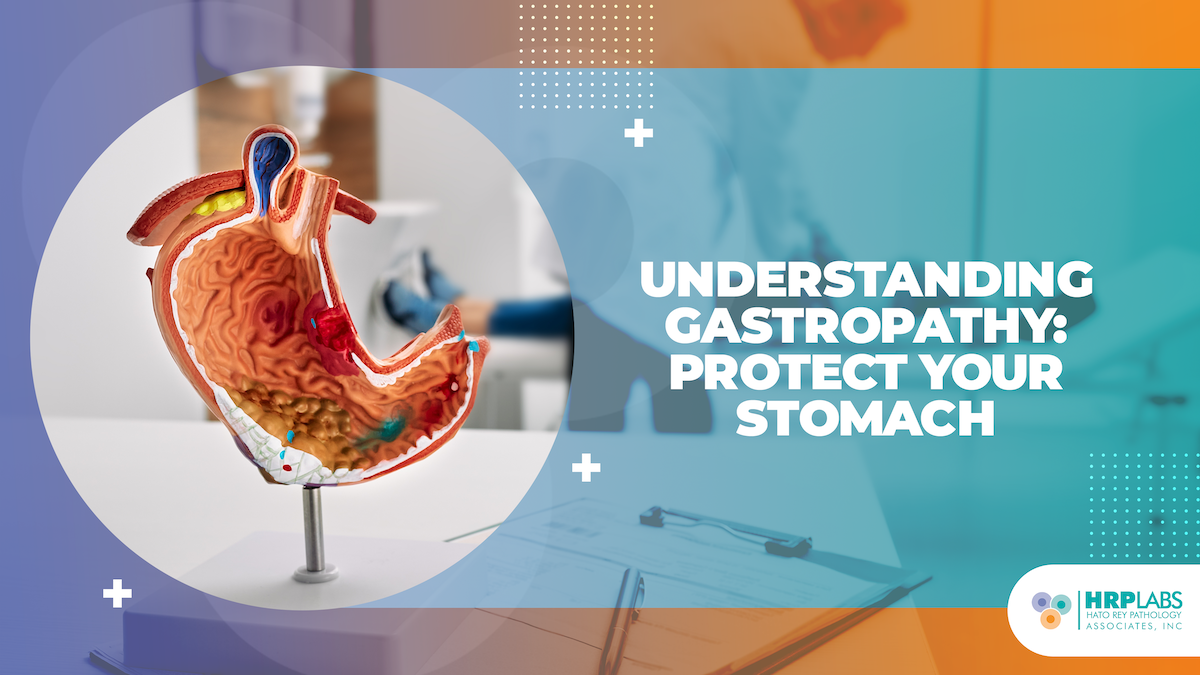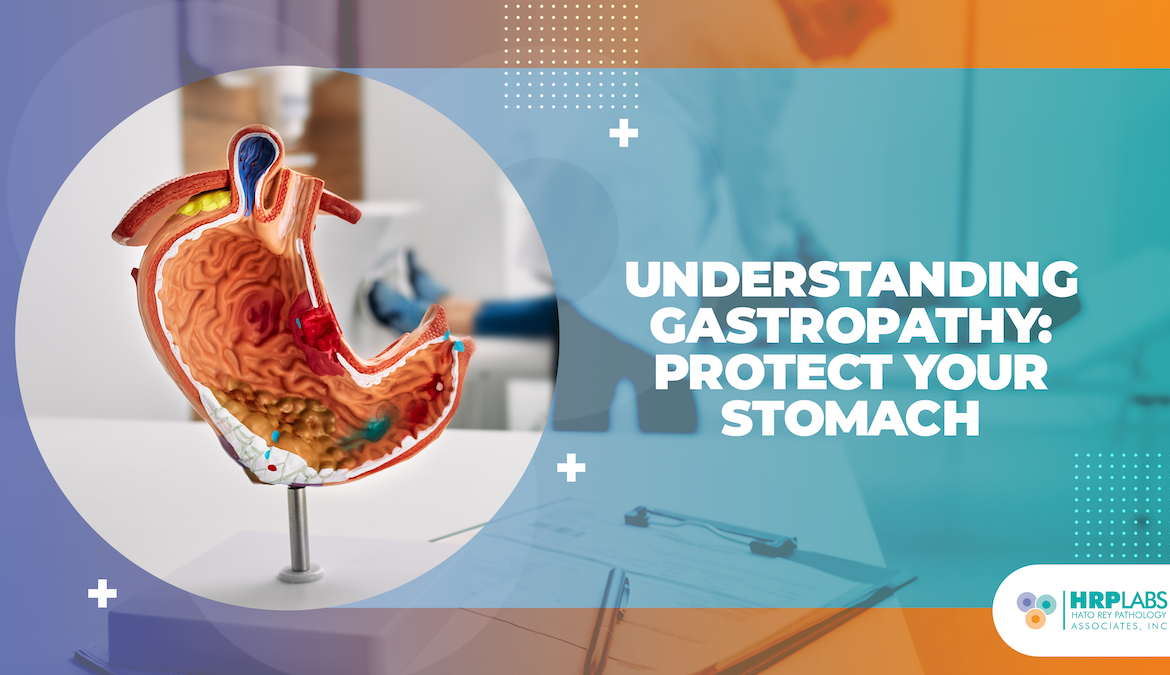
Imagine that your stomach is a calm, peaceful place, but sometimes it becomes a battleground without your knowledge! Gastropathy is just that—a range of conditions where the lining of your stomach gets damaged, often silently. Today, we’re unpacking the types of gastropathy, how to identify them, and why they might be disrupting your digestive health.
What is Gastropathy?
Gastropathy refers to any disease of the stomach lining that causes inflammation and damage. Unlike gastritis, which involves clear inflammation, gastropathy can occur without the usual signs of inflammation and might subtly surprise you.
Common Types of Gastropathy
- Chemical Gastropathy: Often caused by irritants like medications (NSAIDs) or bile reflux, this type can sneak up after surgery or chronic medication use. It’s like your stomach lining is getting irritated by chemical substances, leading to redness and swelling.

- Helicobacter Pylori Gastropathy: This type is caused by an infection with Helicobacter pylori, a bacterium that can disrupt the stomach’s protective layer, leading to ulcers and, in severe cases, cancer. It’s like having unwanted guests who cause chaos at a party!The importance of undergoing an endoscopy is crucial for diagnosing this condition. Through endoscopy, biopsies of the stomach lining can be taken and analyzed in the laboratory. The diagnosis of H. pylori can be made using hematoxylin and eosin (H&E) staining; however, specificity can be improved with special stains and immunohistochemical (IHC) stains. These are tests we have available for gastroenterologists and are used practically every day in our laboratory to ensure an accurate diagnosis.
- Autoimmune Gastropathy: Here, your body’s defense system mistakenly attacks your own stomach lining, leading to a decrease in stomach acid and digestive issues. It’s as if your body’s security system wrongly identifies a friend as a foe.
Recognizing the Signs
- Chemical Gastropathy: Nausea, vomiting, or a feeling of discomfort in your upper abdomen.
- Helicobacter Pylori: Symptoms might include stomach pains, bloating, and burping more than usual.
- Autoimmune Gastropathy: Signs include anemia, fatigue, and abdominal pain.
How Can You Manage It?

- Medical Advice: Always consult a healthcare provider for proper diagnosis and treatment plans.
- Diet Adjustments: Sometimes, simple changes in what you eat can help manage symptoms.
- Regular Check-ups: Especially if you have ongoing risk factors such as chronic NSAID use or autoimmune issues.
Understanding gastropathy is crucial for maintaining good stomach health. Whether managing symptoms or seeking treatment, knowing these types can be your first step toward a happier stomach. If you are experiencing any symptoms, a conversation with your doctor might just be what you need. For direct consultations with our team of gastropathologists, do not hesitate to contact us at 787-765-7320 or send an email to servicioalcliente2@hrplabs.com.

